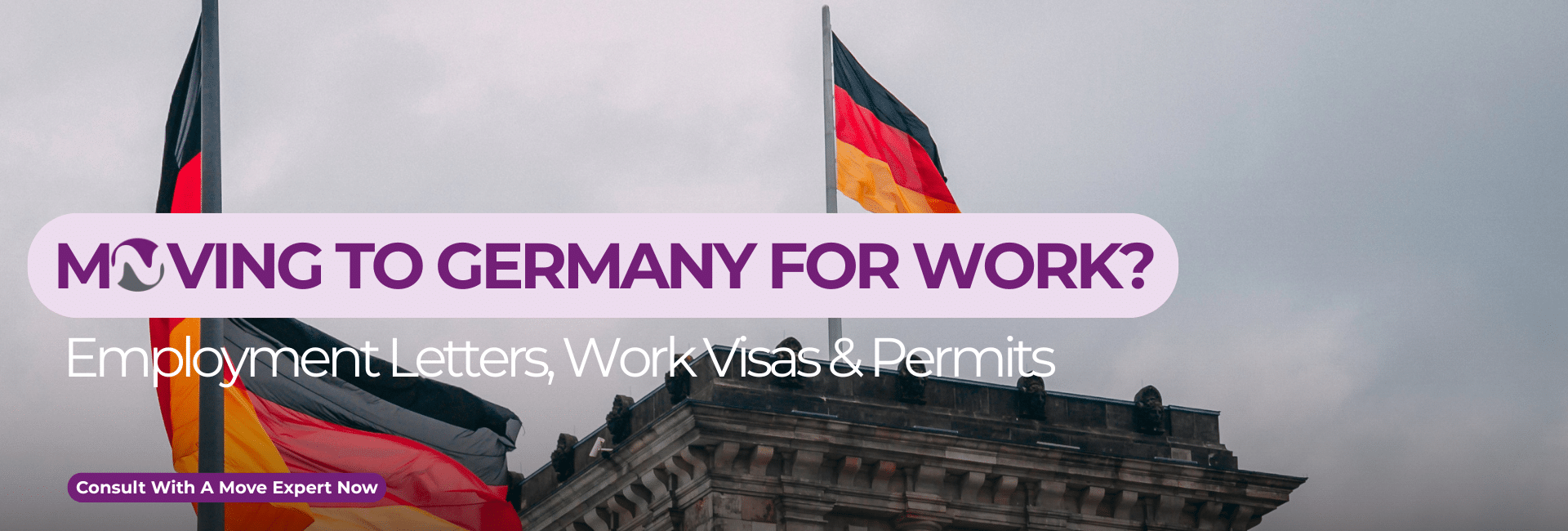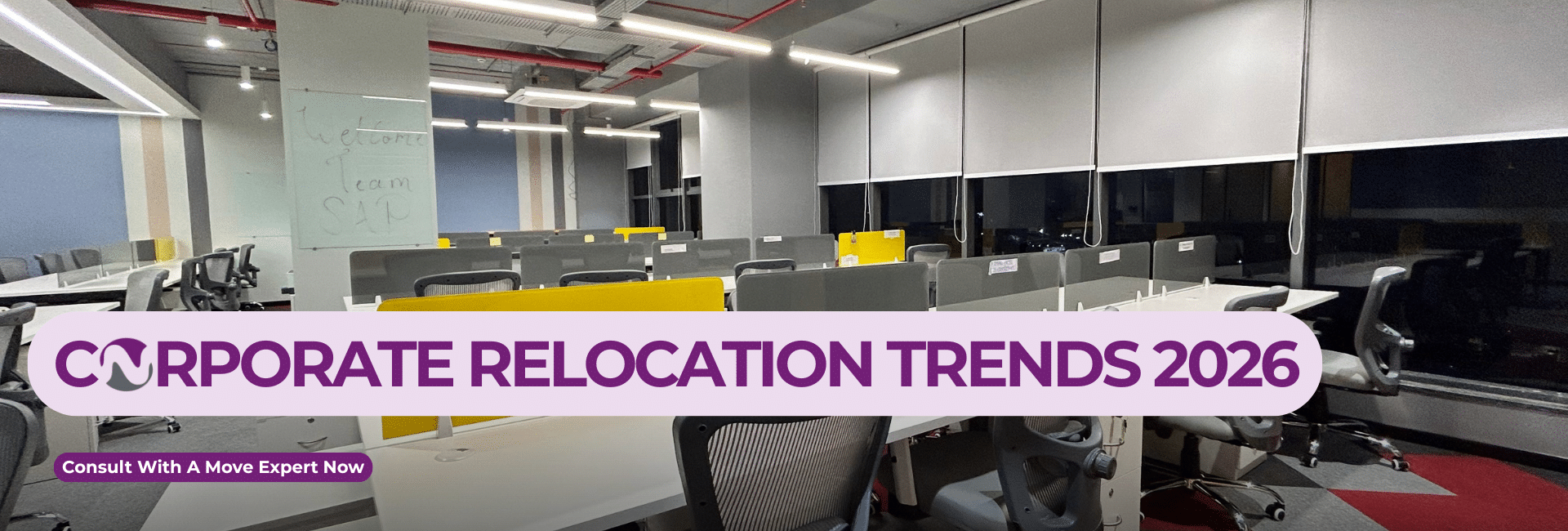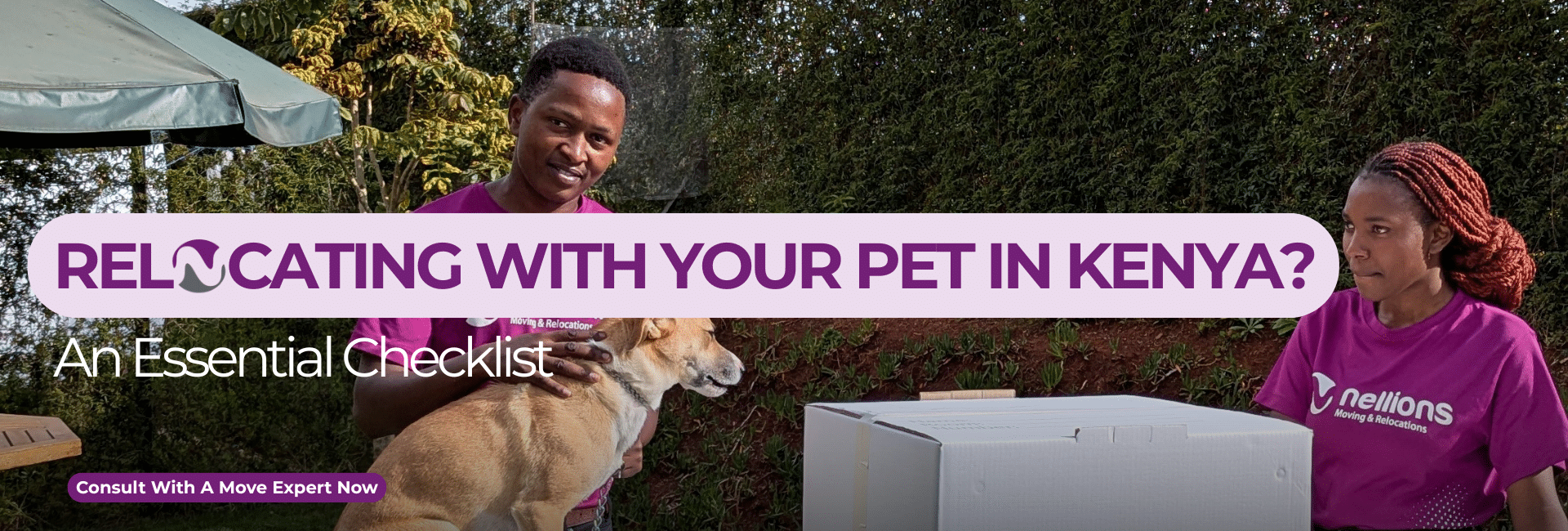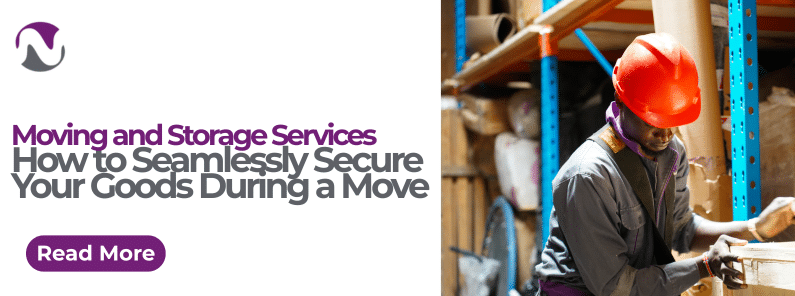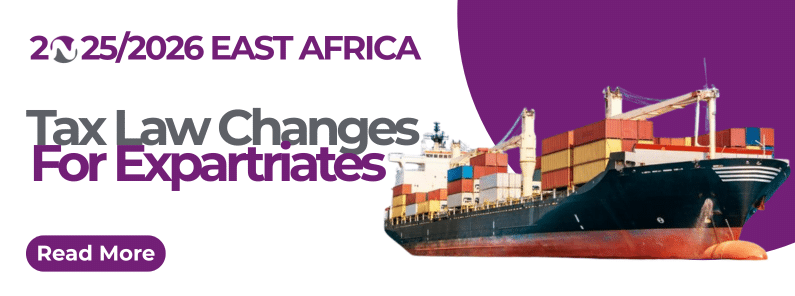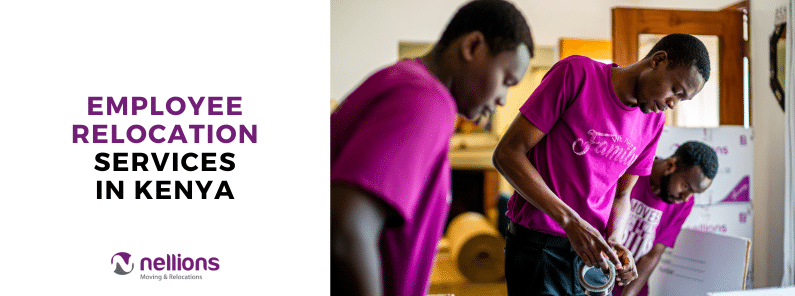Relocating abroad for work is a dream idea for many. It is one of those life experiences that broaden your career prospects and goals. Today, many companies have gone global and are constantly searching for the best talent to fill their gaps, which means that skills and services are easily transferrable.
Packing and moving to a new country for work has lots of benefits. According to HSBC’s Expat 2019 Global Report, most of the surveyed expats noted that apart from good pay, relocating abroad for work helped them develop a new skill, get creative, and become more confident in what they do.
But as brilliant as it sounds, relocating abroad for work can also be a nightmare. It gets overwhelming when you consider everything you need to prepare and sort, both at home and in your new destination.
Going through tedious processes such as obtaining a work permit, family visitation, and hunting for the best place to live, among other things, is never a pleasant experience. One’s biggest worry is how things could effortlessly go wrong.
When you plan well in advance, relocating abroad for your new career will go smoothly. There is, however, no cause to worry. This present post highlights some of the most important considerations to make and avoid mistakes and unnecessary costs.
But first things first, how much does it cost to relocate overseas?
How Much Does It Cost to Relocate Abroad?

One of the first things that come to mind when anyone considers moving to a new country for work is how much it will cost. The answer, nevertheless, depends on your destination. Relocating to the Netherlands or the UK won’t cost the same as moving to the USA, Canada, or further away.
Of course, it is always a good idea to have enough funds to facilitate the whole process – from procuring a VISA, moving your house, finding a new place to live, and or purchasing new items, to name a few. But it is also worth noting that relocating abroad for work could save you money in the process. This is because some countries have better healthcare systems, low costs of living, and fewer taxes.
Things to Consider Before Relocating Abroad for Work
Here are the most important things to consider while moving to a new country for work.

1. How Will Relocating Abroad for Work Affect Your Lifestyle?
Relocating abroad for work is associated with myriads of lifestyle adjustments. It is essential to critically consider the vast differences in language, culture, climate, work ethic, and the quality of life in your new destination.
Perhaps, it would be better if you made an early visit to your new country to explore the location and determine whether it would be a good fit for you – and your family if you are moving with them. This is a sure way of ensuring that your expectations are met.
To help you better understand how your lifestyle will change, ask yourself this, ‘Will my quality of life improve or become compromised?” If it will be compromised, are there factors that will compensate for it, such as good pay?
The idea is to do your homework before the move. You will then know how the relocation will change your life and your interests.
2. Do Visa Considerations Matter?
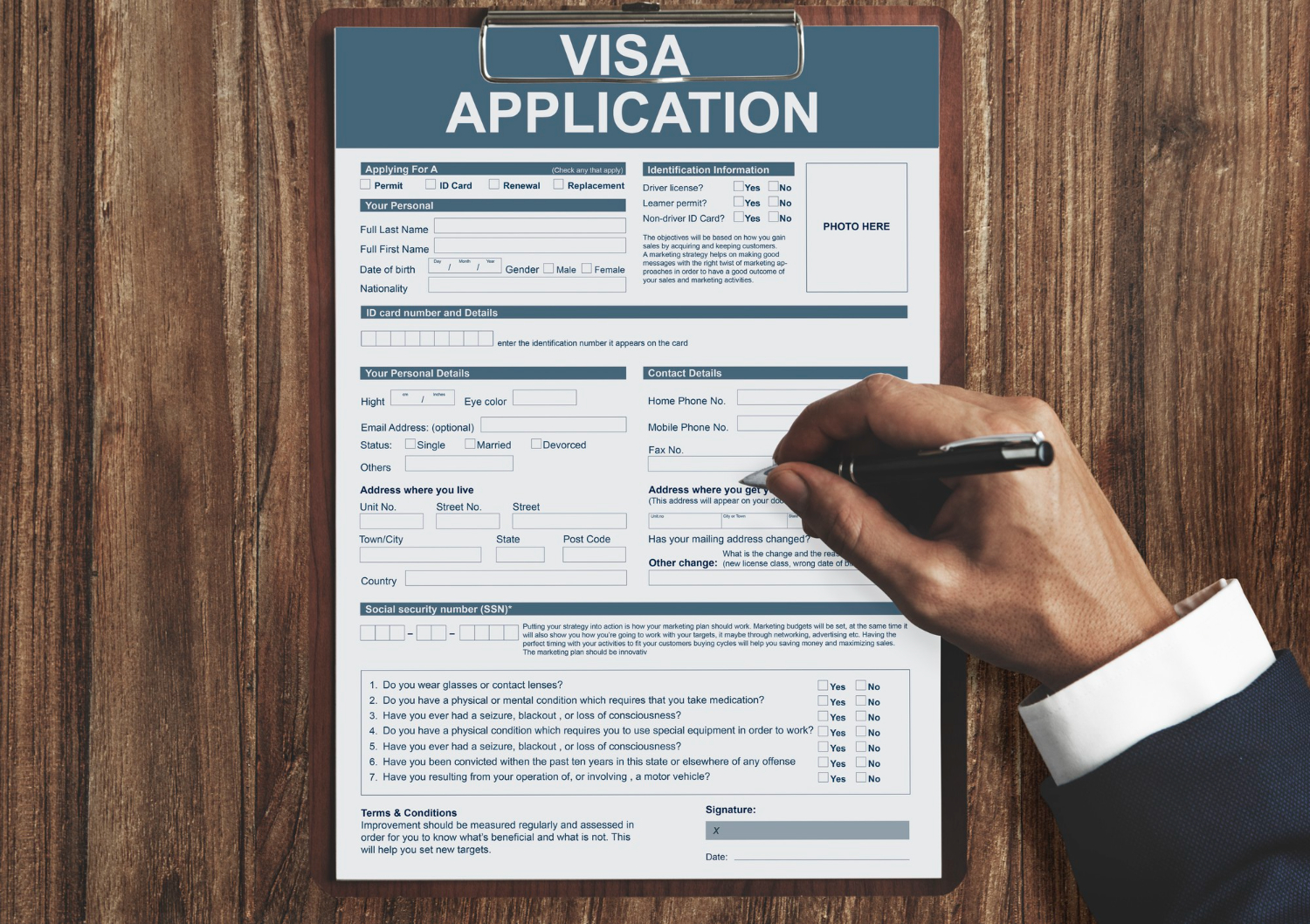
For many people moving abroad for work, it is important to look at Visa considerations. Many countries may dictate that you procure a visa or a work permit before being considered a legal worker. As the rule of thumb goes, ensure that your job has a satisfactory contract or is permanent. This way, you will avoid the inconvenience of relocating abroad and making a comeback after a few years. Typically, your employer applies for the visa on your behalf. Be that as it may, clarify so before accepting the position.
Work visas are often accompanied by attractive mobility incentives, particularly for skilled workers. These incentives attract and encourage foreign candidates to help the host country plug the skill shortages locally. Countries such as the UK, Canada, and Australia, for instance, utilize a points-based or merit-based immigration system for visa qualification and for anyone looking to work and settle in the country permanently.
However, in the US, you need an H1-B visa, requiring a higher degree or specialized knowledge. This type of visa is common for researchers or individuals working in technical fields.
While making visa considerations, check with the relevant foreign embassy to get all the necessary information about your new destination.
3. Are Finances and the Local Cost of Living Crucial While Relocating Abroad for Work?
Getting a job abroad is not enough; ensure that you know how much your salary is and the associated benefits. If possible, negotiate your salary to match the cost of living in your new country. Also, please find out how much it costs to rent a home, the cost of household items, and any other living costs to ensure that you know exactly what awaits you after relocating abroad.
Setting up local bank accounts requires physical visitation, and it may take a while before you have them sorted out. Therefore, make sure that you set up a bank account in advance. You can use your new employer as a source of credible information. It would also be wise to have enough cash to sustain you through to your first paycheck during the relocation process.
4. Who Will Take Care of the Relocation and Associated Costs?
Although some employers will facilitate your relocation or offer to cover part of the relocation costs, it is essential to clarify with them first. If they are willing to cover part of the costs, find out about the offer’s particulars – whether their budget includes furniture shipping, air tickets, or purchasing household items on arrival, among others.
Also, find out whether they will offer temporary accommodation or if they can refer you to an agency that can help with the process. Usually, if your skills are top-notch, your new employer will be eager to assist in any way they can.
Relocating abroad with all your stuff might seem like a good idea, but it entirely depends on your financial situation. You could declutter your home, put the items you don’t need in long-term storage, and move with the rest. Some of the things to leave behind include furniture and other bulky items. You can find out the cost of furniture and other goods in your new country to know what to carry and what to leave behind. If the goods warrants being shipped, you can reach out to a reliable moving company to help with the process or have them help you find an excellent place to store them.
5. Does Your Relocating Abroad Align with Your Career Prospects?
Relocating abroad for work is an enormous investment that must not be taken lightly. Before accepting the position and packing your bag for the move, research your future employer first. Look at the company, its employees, the benefits they get, the future of the company, and consistency in operation.
Look at how the company’s employees have progressed over the years, the promotion criteria, and the company expectations. While at it, dig for more details on the employer and the company’s work ethic and weigh it against your ethics and career prospects. If possible, reach out to a few employees to get first-hand information about your new job.
6. Are You Relocating Abroad with Your Family?

This is another huge consideration to make. If you are moving alone, the process will be less of a hassle, and the only thing you will most worry about are visitation concerns. Here, you will look at how easy it will be to get back home to your family, the cost of travel, and whether any restrictions exist.
On the other hand, if you have a young family that you can’t leave behind, you will need to look at other things such as schooling, how friendly the environment is for kids, and other amenities in the neighbourhood. This is where you will factor in the options available, the costs involved, and how your young ones will integrate.
7. Have You Researched About the Location?
It is essential to visit your new destination early before relocating entirely. Visit the precise location where you will be based several times if possible. Utilize your networks or your new employer to gain insight into your new location and the best neighbourhoods to live in.
Find out things such as the daily commute and how they compare to home, the costs, and the changes necessary to adapt to such a new life. You can also go online and look for expat articles and learn from their experiences. You might also find the answer to your most burning questions.
The whole idea of relocating abroad for work can be daunting due to the many factors involved. However, if you plan well in advance, conduct your research correctly, and consult with the right people, the process will be seamless. You will have enough time to reflect on your new journey and the beautiful prospects it brings along. So, don’t waiver. Take a leap of faith and start living your dream. It could be the only way to enhance your skills, improve your family’s life, and do what you love most.
Relocating Abroad for Work Isn’t Complete Without the Help Of an International Moving Company
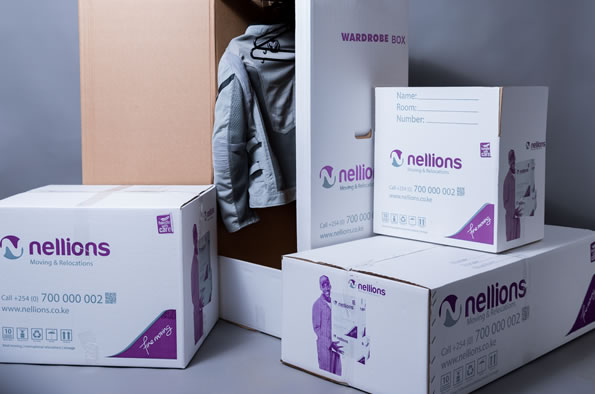
After deciding when and where to move, what should worry you next is how to do it. To guarantee a move without any hiccups, hire an international moving company. It is essential to have professionals assist you in the move – they will help you pack your items according to your checklist and ensure that everything is handled with care. Nellions Moving & Relocations is one such company that can help you relocate abroad for work conveniently and affordably.
Regardless of the item, you want to be moved, whether furniture, electronics, or goods of sentimental value, Nellions can make it less stressful. This is particularly important if you need enough time to sort out other things before making your international adventure.
Contact Nellions today at +254 700 000 002 or through this link for more information on relocating abroad for work and how to move your home.








